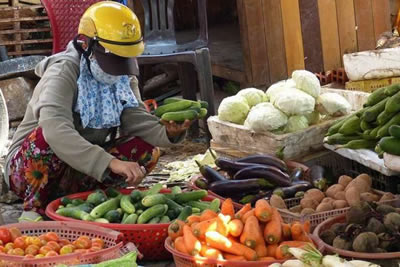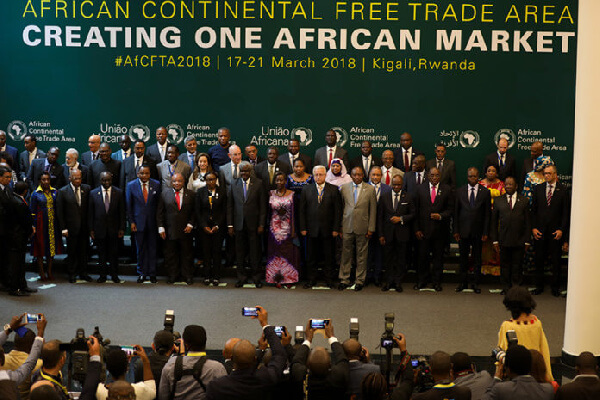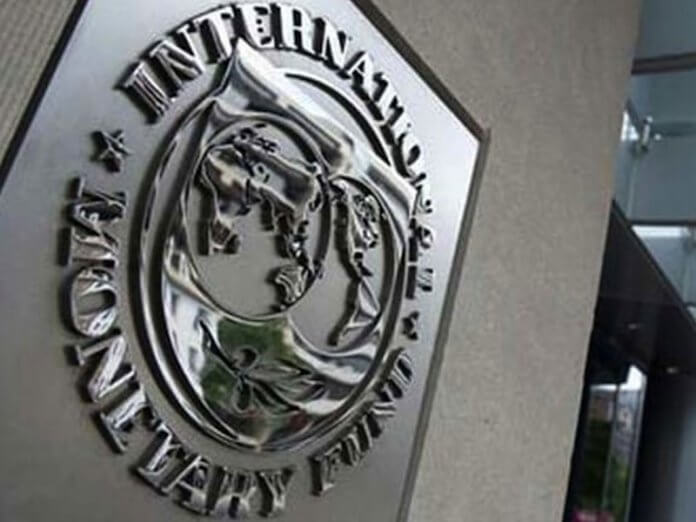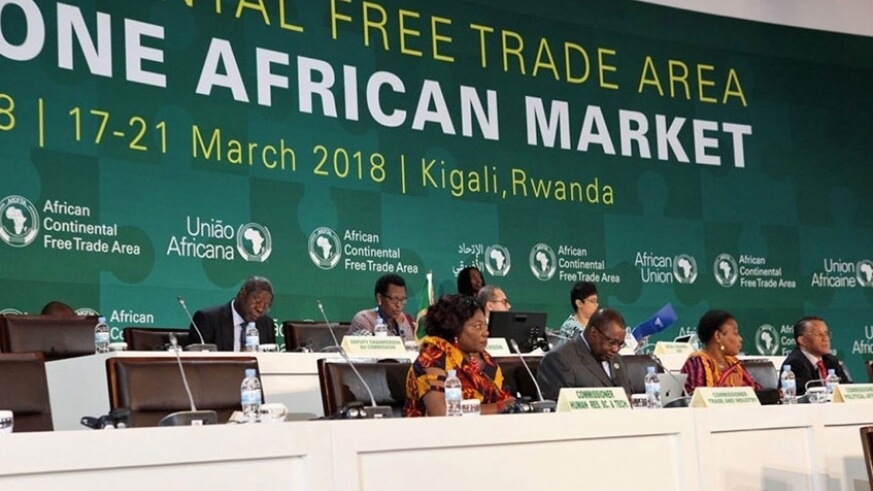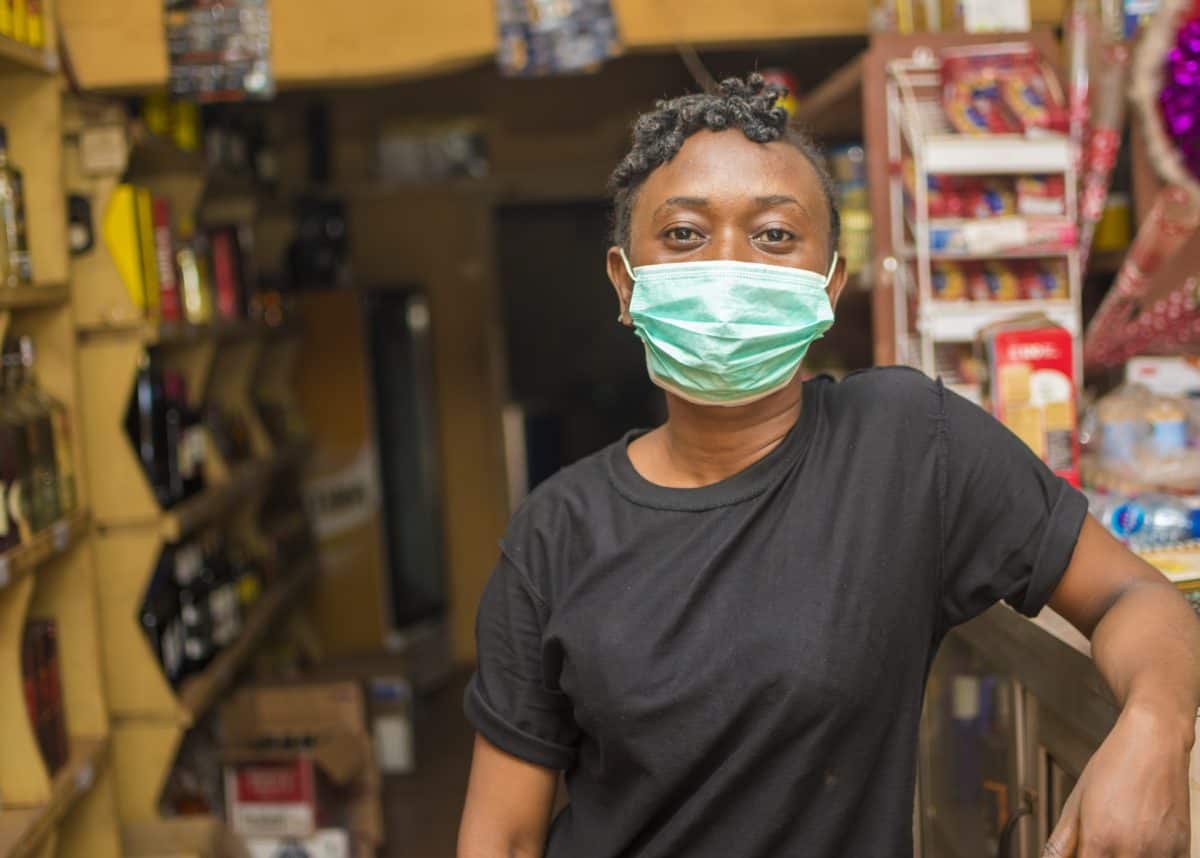In the first three months of 2020, the port of Mombasa handled 8.6 million tons of cargo, against the targeted 8.84 million tons. The amount of cargo passing through the main seaport missed the target by 2.6%. In the whole of 2019, 34.4 million tons of cargo went through the port, up from 30.8 million tons in 2018. Kenya Ports Authority projected that the coastal port would handle 35.9 million tons in 2020. However, in the current environment of the corona pandemic, the port is likely to miss its annual target. Global trade has been severely disrupted as governments impose tough measures aimed at stopping the spread of COVID-19. The port of Mombasa handles shipments for several African countries including; Uganda, Rwanda, Burundi, Tanzania, South Sudan, and the Democratic Republic of Congo. Source: Kenyan Wall-street
Cargo Through Mombasa Port Fell Below Target
Posted on: April 20, 2020
Posted on: April 20, 2020



